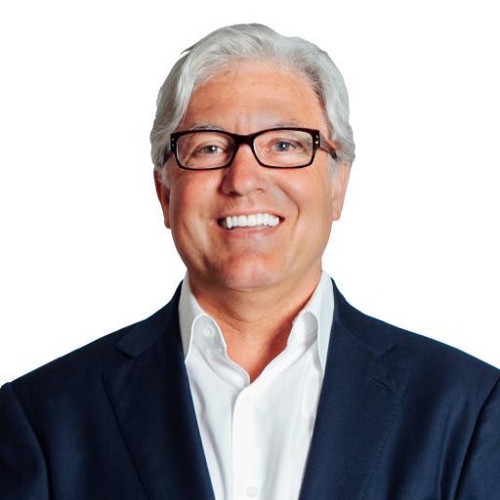Nutritious, fortifying foods not only support physical health but mental health as well. What you put in your mouth each day directly and dramatically affects your mood and mental health.
Some of the main culprits leading to nutritional imbalance and potential depression and anxiety include processed foods, junk foods, white flour, fried foods, and refined sugar.
When your energy levels are down from anxiety or depression, these “quick” foods can be highly tempting and temporarily satisfying. But eating them is not a good strategy for combatting depression. Good, nutritious foods and beverages will improve your mood and sense of well-being.
Here are several helpful strategies—along with specific food recommendations—that will enrich your body and lift your mood:
Antioxidants – By eating foods rich in antioxidants, you can diminish the destructive effects of free radicals (unstable atoms that can damage cells, causing illness and premature aging). Start with food rich in Beta-Carotene, such as apricots, broccoli, cantaloupe. Good options for Vitamin C are blueberries, broccoli, and potatoes. Don’t forget Vitamin E, which you can find in nuts and seeds.
“Complex” Carbs – Researchers have linked carbohydrates to serotonin, the mood-boosting brain chemical. It’s speculated that craving carbs may be related to low serotonin activity. Target “smart” or “complex” carbs (such as whole grains) rather than simple carbs (such as cakes and cookies). Fruits, vegetables, and legumes also have healthy carbs and fiber.
Healthy Proteins – It’s helpful to eat protein-rich foods several times a day, especially when your energy level needs a lift. These include beans and peas, lean beef, low-fat cheese, fish, milk, poultry, and yogurt.
B Vitamins – Studies show that low levels of vitamins B1 and B12, along with folate, can exacerbate depression. You can get both B vitamins and folate from foods such as legumes, nuts, many fruits, and dark green vegetables. Vitamin B12 can be found in all lean and low-fat animal products, such as fish and low-fat dairy products.
Vitamin D – Research has demonstrated a link between vitamin D deficiency and depression. Consume plenty of salmon, egg yolks, yogurt, whole milk, almond milk, orange juice, oatmeal, cheese, shiitake mushrooms, and fortified tofu.
Selenium – Studies have found a connection between low selenium and depression. Try to incorporate some of these foods into your diet: beans and legumes, lean meat (lean pork and beef, skinless chicken and turkey), low-fat dairy products, nuts and seeds, seafood (oysters, clams, sardines, crab, salt- water fish, and freshwater fish), and whole grains.
Omega-3 Fatty Acids – Researchers have discovered that societies not consuming enough omega-3s may have higher rates of major depressive disorder. Good sources of omega-3s include fatty fish (anchovy, mackerel, salmon, sardines, shad, and tuna; flaxseed; canola and soybean oils; nuts (especially walnuts); and dark green, leafy vegetables.
Fiber – Aim to replace high-sugar and high-fat foods with those high in fiber. This includes vegetables (particularly asparagus and Jerusalem artichokes), bananas, oatmeal, legumes and nuts, and grains such as barley, whole wheat, and oats.
Chocolate – Studies have shown that dark chocolate increases the growth of two helpful bacteria strains in the body. Dark chocolate with 75 percent cacao or more may naturally lead you toward low-sugar treats.
And let’s not forget about the importance of drinking enough water. Scientists have identified a strong connection between dehydration and depression, noting that even mild dehydration will affect your moods. Drinking the right amount of water will help energize your muscles, assist with digestion, support kidney function, and keep your skin looking good.
Look at some concrete steps you can take to improve your diet and help you overcome anxiety, depression, and other mood destabilizers.
Dr. Gregory Jantz is the founder of The Center • A Place of HOPE in Edmonds, Washington, voted a top ten facility for the treatment of depression in the United States. Dr. Jantz pioneered Whole Person Care in the 1980’s and is a world-renowned expert on eating disorders, depression, anxiety, technology addiction, and abuse. He is a leading voice and innovator in Mental Health utilizing a variety of therapies including nutrition, sleep therapy, spiritual counseling, and advanced DBT techniques. Dr. Jantz is a best-selling author and has appeared on CBS, ABC, NBC, Fox, and CNN.


